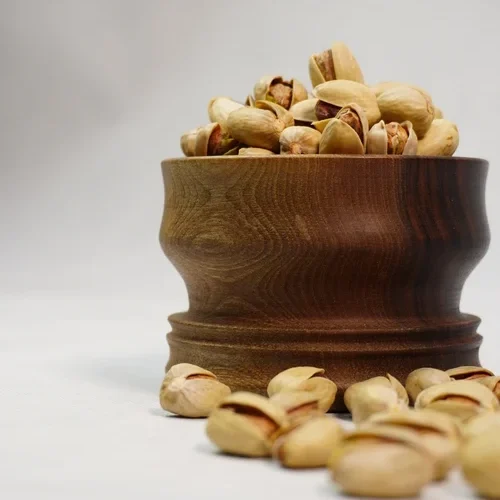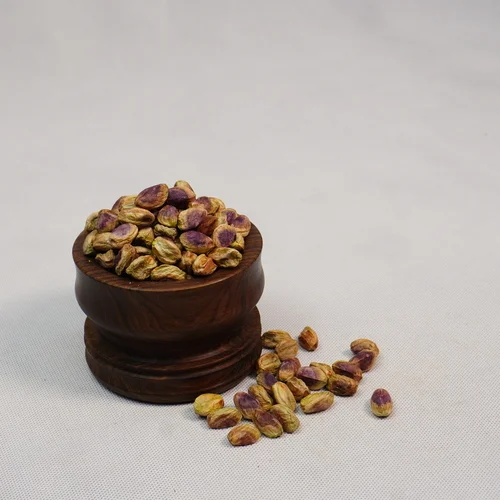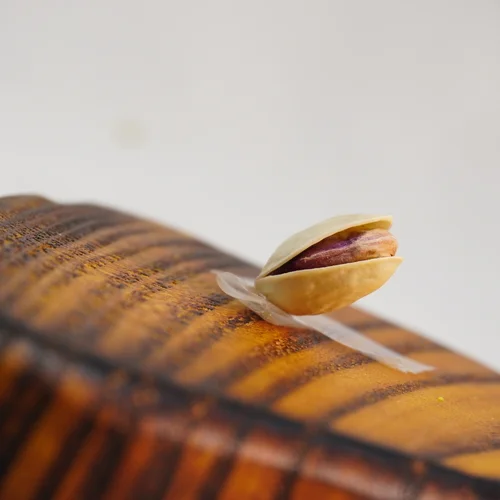Common mistakes when buying pistachios in bulk
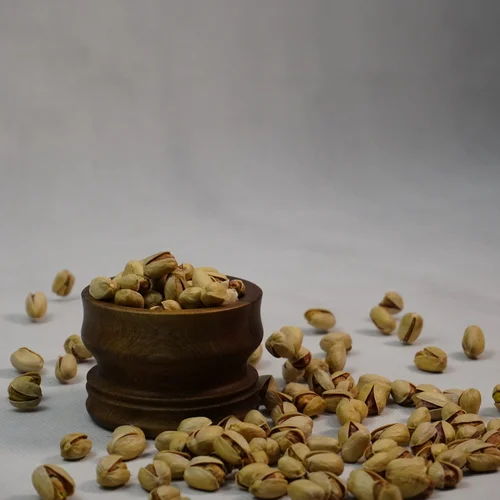
Buying pistachios in bulk can be a smart and cost-effective move for wholesalers, distributors, and international traders. However, without the knowledge and careful research, it is easy to fall into costly traps. In this article, we will examine the most common mistakes buyers make and how to avoid them to ensure quality, consistency, and profitability.
Ignoring the type and grade of pistachios
Not all pistachios are the same. Iranian pistachios come in many varieties, such as Akbari, Ahmad Aghaei, Kalleh Ghochi, Fandoghi, and Badami. Each has a different size, flavor, and appearance. Choosing the wrong variety for your market can lead to poor sales or customer dissatisfaction.
Tip: Check your target market’s preferences and choose the desired type based on that.
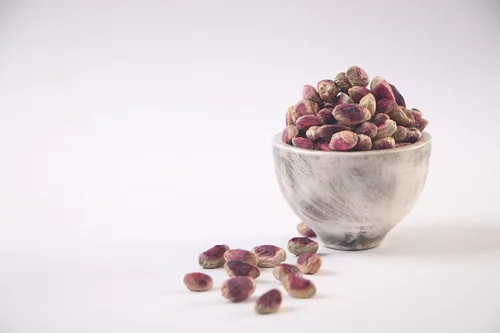
Ignoring the importance of humidity
Moisture content directly affects the shelf life and flavor of pistachios. High humidity can lead to mold, spoilage, and loss during shipping. Moisture content below 6% is generally considered safe for international shipping.
Tip: Always ask your supplier for a lab analysis report before shipping.
Buying without understanding defect tolerance levels
Defects such as closed shells, stained kernels, or insect damage are common in lower-grade pistachios. These defects reduce value and may violate import regulations in some countries.
Tip: Understand the allowable defect percentage based on your market standards and request an official grading report.
Failure to approve supplier export letters of credit
Many buyers assume that any pistachio seller can handle international shipments. But not all suppliers have the appropriate licenses, certifications (e.g. HACCP, ISO) or logistics experience.
Tip: Only work with verified exporters who are familiar with documentation, shipping regulations, and product quality standards.
Choosing price over quality
While it’s tempting to choose the cheapest supplier, low prices often come with lower quality. This can damage your brand’s reputation and lead to product returns or regulatory issues.
Tip: Balance price and product quality, supplier reputation, and after-sales support.
Ignoring inspection or sample testing
It is risky to accept a shipment without prior inspection or sampling of the product, especially when dealing with new suppliers. Visual appearance alone is not enough to judge quality.
Tip: Request physical samples or work with a third-party inspection agency before finalizing a bulk order.
Ignoring packaging and storage conditions
Pistachios are sensitive to humidity, temperature, and contamination. Poor packaging can lead to spoilage during shipping and, in some cases, rejection by customs.
Note: Make sure the pistachios are vacuum-packed or nitrogen-free and shipped in moisture-resistant, food-grade packaging.
Misunderstandings about Incoterms and payment terms
If you are unclear about shipping, insurance or customs clearance responsibilities, it can lead to unexpected costs and delays.
Tip: Familiarize yourself with key Incoterms terms such as FOB, CIF and DDP. Always have clear payment terms in your contract (e.g. LC, TT, 30/70).
Conclusion
Buying pistachios in bulk is a risky process that requires more than just comparing prices. Understanding quality criteria, supplier reputation, documentation, and proper packaging will help you avoid costly mistakes and create long-term success in your pistachio business.
Source: zalando


